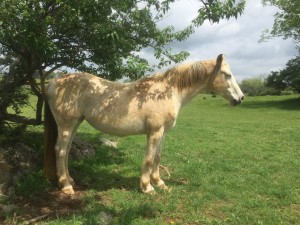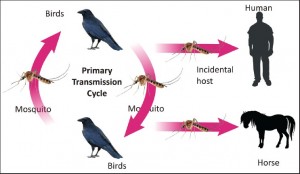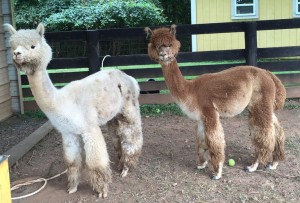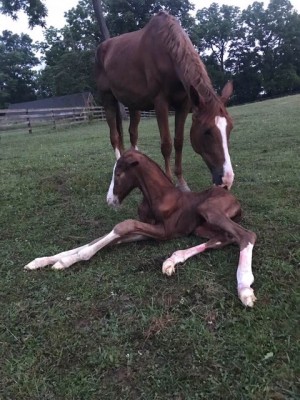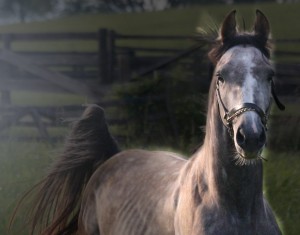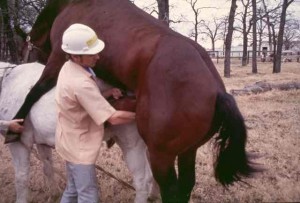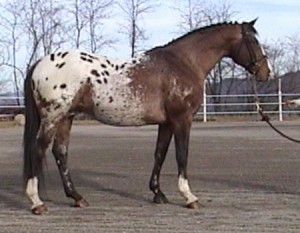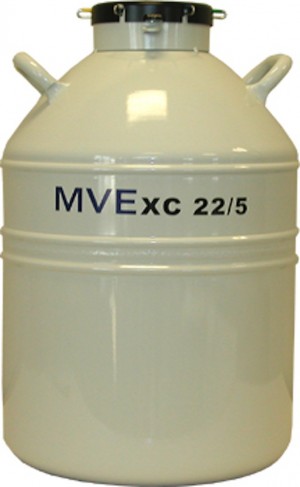Foal Wellness Vet Care
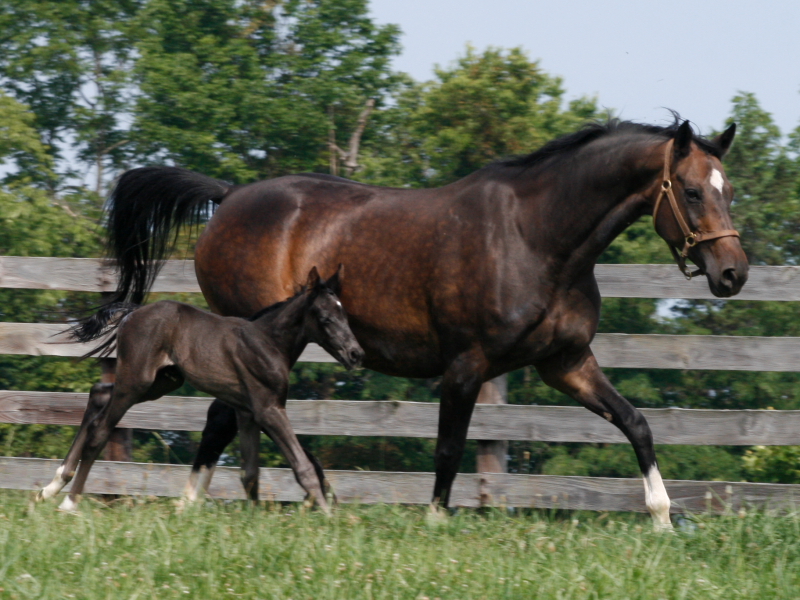
Foal Wellness Vet Care
A horse is at the highest risk of disease in its first 12 months of life. Newborn foals do not have any natural disease defense mechanism because immunity is not passed from the dam to the unborn foal in utero. A newborn foal’s immune system is not mature enough to form antibodies until the foal is 3 to 6 months old. Therefore, the newborn foal must depend on immunoglobulins it obtains from the colostrum (the first milk) to protect it from disease during the first months of life.Mares also should be on an effective deworming program before and after foaling to reduce parasite exposure to the foal. Ideally, mares should be allowed to foal outside in a clean, grassy pasture. However, if foaling stalls must be used, they should be kept clean and should be thoroughly disinfected between mares. Foaling stalls should be well ventilated, and buildings that retain moisture, such as concrete block buildings, should be avoided as foaling areas. If foaling stalls are used, healthy mares and foals should be moved outside within several days after foaling. Overcrowding mares and foals should be avoided because it concentrates disease organisms and causes stress, which increases disease risks. Ideally, mares and foals should be segregated from horses that move on and off the farm, such as show horses and outside mares brought in for breeding.Foals receive their nutrition from the mare’s milk exclusively for the first several weeks to one month of age. If allowed access to their dam’s grain or grain by creep feeding, foals will begin to eat small amounts of grain rations within the first month of their life. Creep feeding provides supplemental feed to foals by using feeders constructed to restrict access of mares.
Vaccination and deworming schedules should be under the supervision of your attending veterinarian. The time to begin vaccinations depends on the vaccination of the mare prior to foaling. Vaccinations given to mares the last 30 days of pregnancy will assist the protection of the foal during the first several months of life. In general, foals born to mares with current vaccinations should receive their first vaccinations at 6 to 9 months of age as vaccinations at an earlier age may interfere with the foal’s immune response resulting from the antibodies received in the mare’s milk. If mares are not vaccinated before foaling, foals should receive their vaccinations beginning at 3 to 4 months of age. Owners should consult with their veterinarian to refine timing of vaccinations.Deworming programs for foals can begin at 1 to 2 months with a dewormer that is labeled safe for foals this young. With the assistance of a veterinarian, horse owners should develop a deworming program that fits their management situation. Horse owners should also perform regular hoof care on foals. Regular hoof trimming can help keep a foal’s bones properly aligned and can correct minor feet and leg problems before they seriously affect the foal’s movement or health. Maintaining safe pastures is especially important with foals because of their natural curiosity. Pastures should be free of trash and farm equipment. Remove low tree branches, and keep pasture fencing safe and highly visible to the foal.
Dr. William B. Ley DVM, MS, DACT Wellness Vet Care
Related Links
Allowed: 64M/67108864KB.
Current: 6571KB. Peak: 6641KB.


